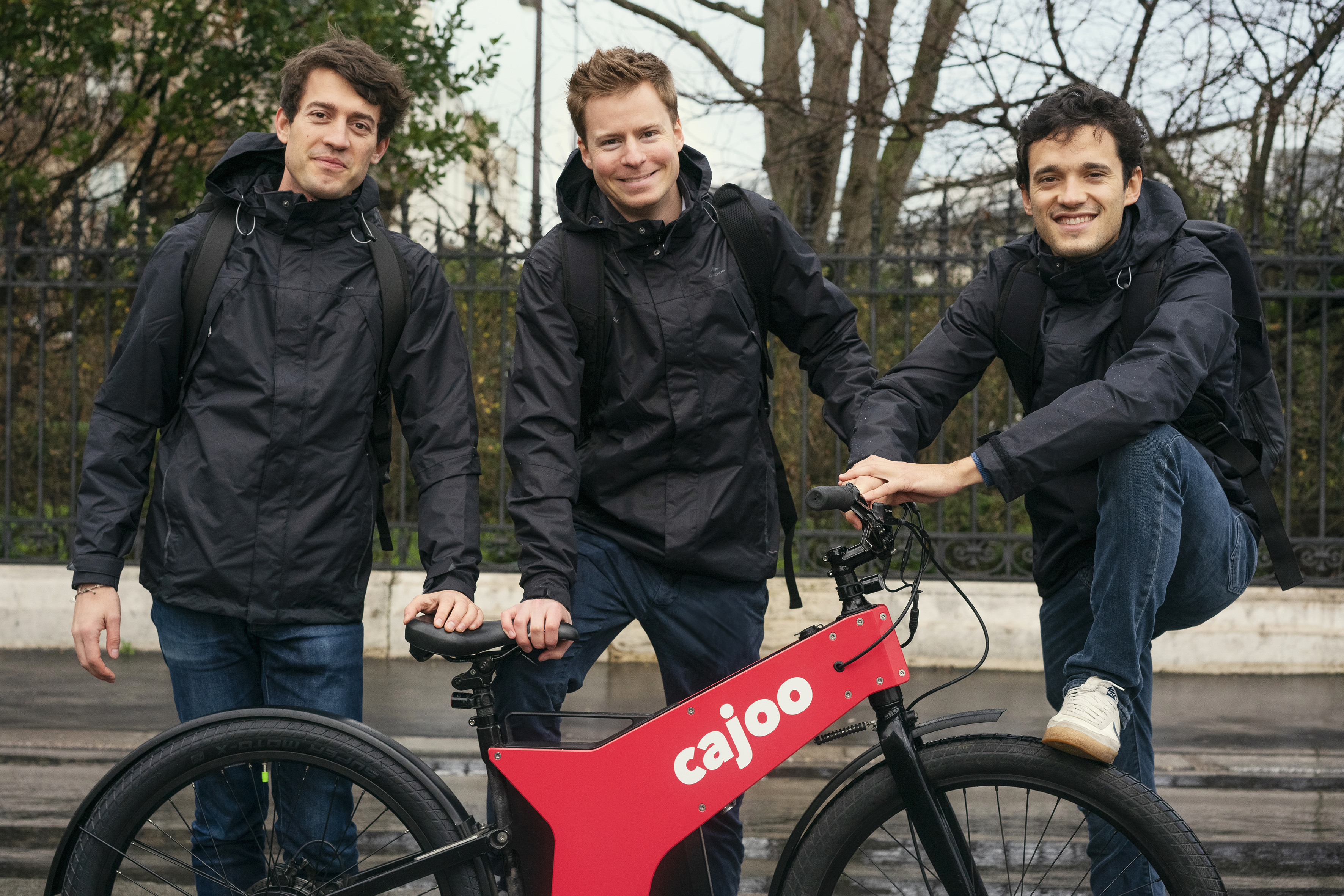News: BigChange raises $102M for a platform to help manage service fleets
We talk a lot these days about the future of work and the proliferation of new and better tools for distributed workforces, but companies focused on developing fleet management software — even if they have not really been viewed as “tech startups” — have been working on this problem for many years already. Today, one
We talk a lot these days about the future of work and the proliferation of new and better tools for distributed workforces, but companies focused on developing fleet management software — even if they have not really been viewed as “tech startups” — have been working on this problem for many years already. Today, one of the older players in the field is announcing its first significant round of investment, a sign both of how investors are taking more notice of these B2B players, and how the companies themselves are seeing a new opportunity for growth.
BigChange, a UK startup that builds fleet management software to help track and direct jobs to those on the go whose “offices” tend to be vehicles, has closed a round of £75 million ($102 million at today’s rates). U.S. investor Great Hill Partners.
The company has built a business by tapping into the advances of technology to build apps for field service engineers and those who manage their jobs, workers who in the past might have used phone calls and paperwork to manage how they work.
“I founded BigChange to revolutionise mobile workforce management and bring it into the 21st century. Our platform eliminates paperwork, dramatically cuts carbon, creates efficiency, promotes safer driving and means that engineers are spending less time on the roads or filling out forms and more time completing jobs,” said founder and CEO Martin Port in a statement. “We are incredibly excited to partner with Great Hill and leverage their successful track-record scaling vertical and enterprise software companies both in the UK and overseas.”
BigChange said that Great Hill’s stake values the company at £100 million (or $136 million). One report points to part of that funding being a secondary transaction, with Port pocketing £48 million of that. The company has been around since 2012 and appears to be profitable. It has raised very little in funding (around $2 million) before this, at one point trying to raise an angel round but cancelling the process before it completed, according to filings tracked by PitchBook.
As the technology industry continues to become essentially a part of every other industry in the world, this deal is notable as a sign of how its boundaries are expanding and getting more blurred.
BigChange is not a London startup, nor from the Cambridge or Oxford areas, nor from Bristol or anywhere in the south. It’s from the north, specifically Leeds — a city that has an impressive number of startups in it even if these have not had anything like the funding or attention that startups in cities and areas in the South have attracted. (One eye-catching exception is the online store Pharmacy2U: the Leeds startup has been backed by Atomico, BGF and others: given the interest of companies like Amazon to grow in this space, it’s likely one to watch.)
One of the big themes in technology right now is how a lot of the action is getting decentralised — a result of many of us now working remotely to stave off the spread of Covid-19, many people using that situation to reconsider whether they need to be living in any specific place at all, and subsequently choosing to relocate from expensive regions like the Bay Area to other places for better quality of life.
There are of course other cities like Manchester, Edinburg, Cardiff and more in the U.K. with technology ecosystems (just as there have been across many cities in the U.S. for years). But when one of these, this time out of Leeds, attracts a significant funding round, it points to the potential of something similar playing out in the U.K., too, with not just talent but more money going into regions beyond the usual suspects.
The other part of the decentralisation story here focuses on what BigChange is actually building.
Here, it’s one of the many companies that have dived into the area of building apps and larger pieces of software aimed not at “knowledge workers” but those who do not sit at desks, are on the move, and tend to work with their hands. For those who are on the road, it has apps to better manage their jobs and routes (which it calls JourneyWatch). For those back in the dispatch part of the operations, it has an app to track them better and use the software to balance the jobs and gain further analytics from the work (sold as JobWatch). These work on ruggedised devices and lean on SaaS architecture for distribution, and there are some 50,000 people across some 1,500 organizations using its apps today, with those customers located around the world, but with a large proportion of them in the U.K. itself.
BigChange is not the only company targeting workers in the field. We covered a significant funding round for another one of them out of North America, Jobber, which builds software for service professionals, just last month. Others tapping into the opportunity of bringing tech to a wider audience beyond knowledge workers include Hover (technology and a wider set of tools for home repair people to source materials, make pricing and work estimates, and run the administration of their businesses) and GoSite (a platform to help all kinds of SMBs — the key factor being that many of them are coming online for the first time — build out and run their businesses). Others in this specific area include Klipboard, Azuga, ServiceTitan, ServiceMax and more.
You might recognise the name Great Hill Partners as the PE firm that has taken majority stakes in a range of media companies like Gizmodo, Ziff Davis (way back when) and Storyblocks, and backed companies like The Real Real and Wayfair. In this case, the company was attracted by how BigChange was being adopted by a very wide range of industries that fall under “field service” as part of their workload.
“Unlike niche players that focus on smaller customers and specific sub-verticals, Martin and his accomplished team have built a flexible, all-in-one platform for field service professionals and operators,” said Drew Loucks, a partner at Great Hill Partners, in a statement. “BigChange’s technology is differentiated not only by its ability to serve commercial and residential clients of nearly any scale or vertical, but also by its award-winning product development and customer service capabilities.”




